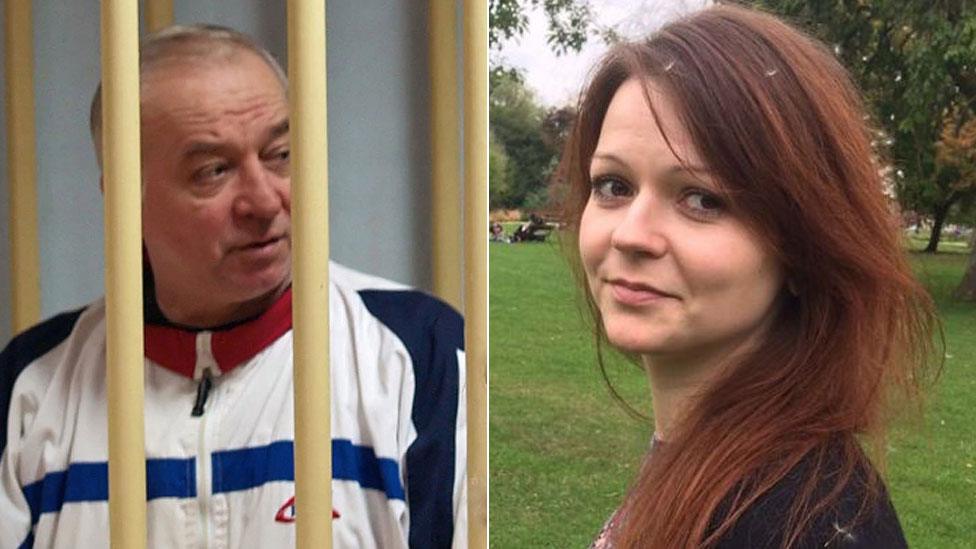Chief thought Skripal poisoning could be 'act of war'
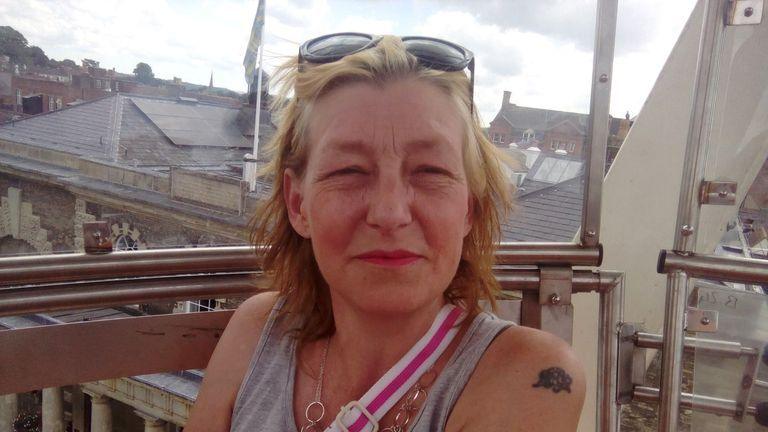
Dawn Sturgess died after being inadvertently exposed to Novichok
- Published
A former counter terrorism chief has described how he initially wondered if the poisoning of a former spy and his daughter could have been "an act of war".
Former Russian spy Sergei Skripal and his daughter Yulia were exposed to the deadly nerve agent Novichok in Salisbury in March 2018.
Neil Basu, who led the counter-terrorism investigation, said the "true horror" of the "colourless and odourless" poison was not knowing how to warn people or what to look for.
In an exclusive interview with the BBC's Salisbury Poisonings podcast, he said: "To leave that lying around anywhere on foreign soil is the most unbelievably reckless disregard for human life I've ever witnessed."
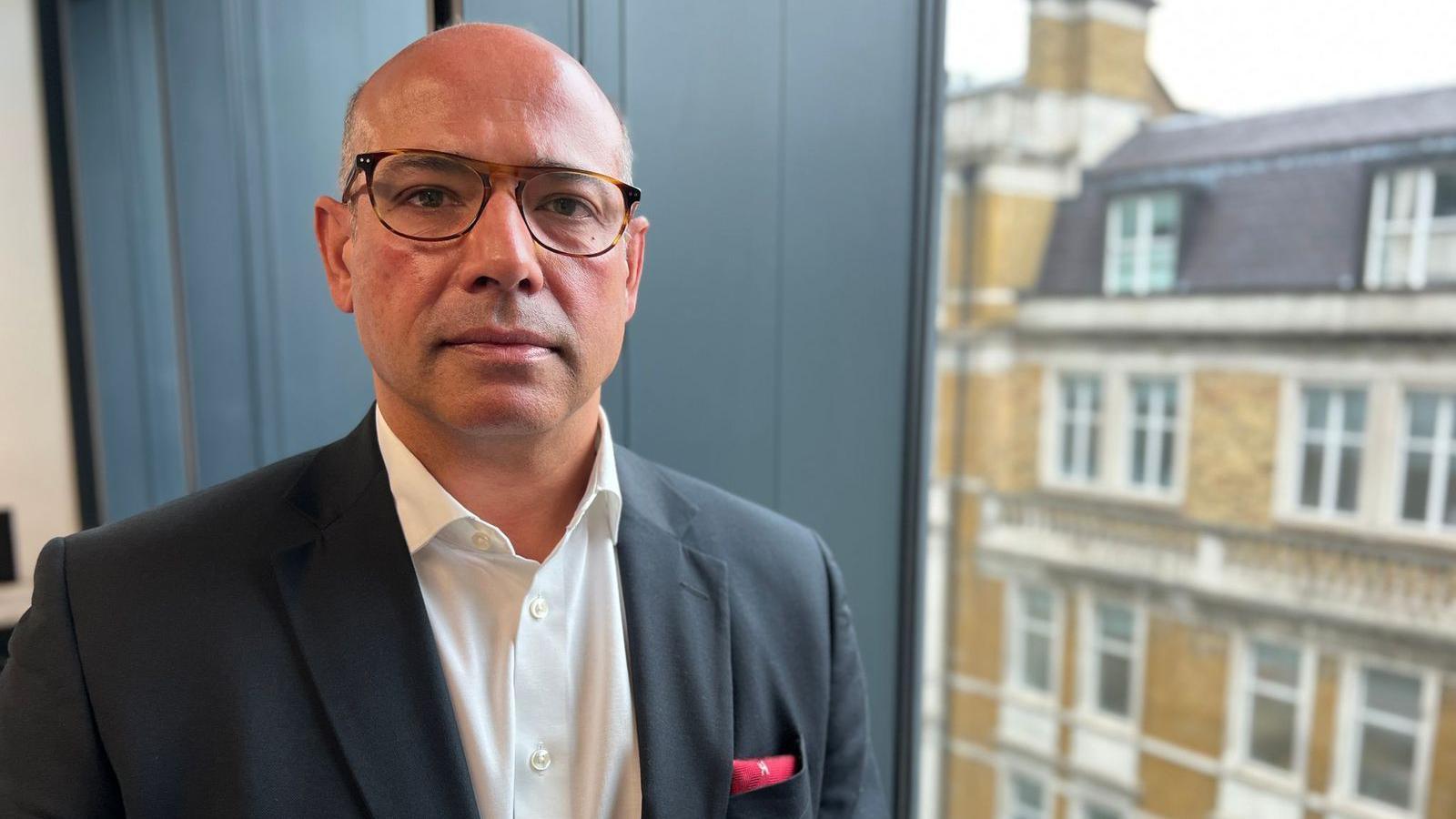
Mr Basu said it was near impossible to track down an invisible murder weapon
Just four months later Dawn Sturgess, 44, died after being inadvertently exposed to Novichok eight miles away in Amesbury, Wiltshire.
It was concealed inside a perfume bottle which had been gifted to her and contained enough poison to kill thousands of people.
Traces of the chemical weapon were also discovered on the doorknob of Mr Skripal's home, where police believe it had been planted in a "targeted" attack.
Two men, believed to be part of Russia's military intelligence service, were named as suspects for their attempted murders in September 2018, with a third suspect added in 2021.
The Russian government and the suspects themselves have always denied any involvement with the attack.
'Weapon of mass destruction'
Mr Basu said that following the Skripals falling ill, the entire counter-terrorism team were on high alert.
He recalls worrying that half the diners at Zizzi - the restaurant the pair had eaten at just two hours before they collapsed - would suddenly be admitted to hospital.
"One of the things I was thinking was, is this war? You know, is this an act of war?
"You think of a 'weapon of mass destruction' as being an intercontinental ballistic missile with a nuclear tipped warhead.
"You don't think of it being in a perfume tester bottle. We didn't know what we were looking for."
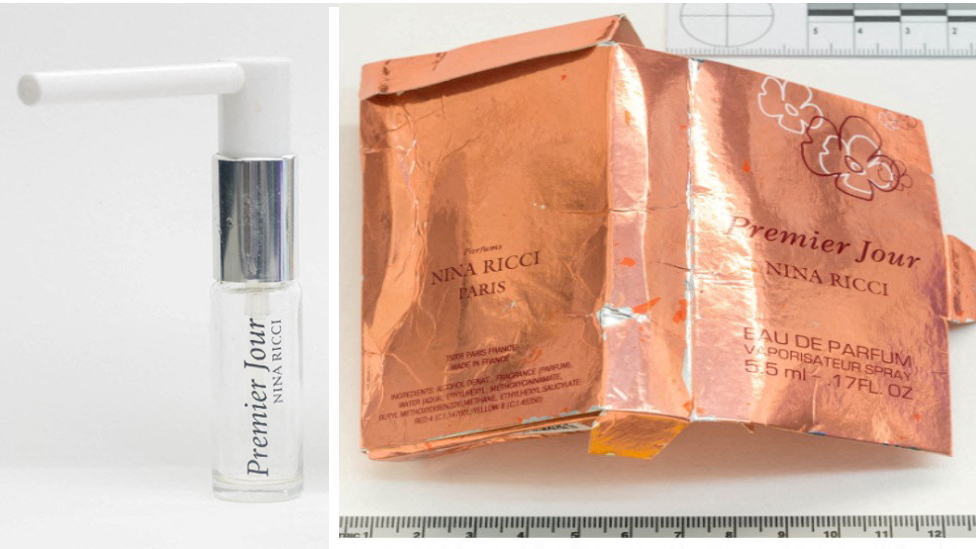
The inquiry heard the designer perfume bottle carrying the nerve agent contained "enough poison to kill thousands of people"
When the news broke of Ms Sturgess' death, Mr Basu recalled that it "became infinitely more serious because it was now the murder of a British citizen".
He said the weight of the responsibility was "incredibly hard to bear".
"I had to go to the community meeting and explain to Amesbury citizens whether they could feel confident that they wouldn't be the next victim, and there was no way of giving them 100% reassurance.
"I could tell from the look on their faces that they were utterly terrified.
"One of my responsibilities in charge of counter-terrorism was trying to reduce the fear of it, not just the effect of it.
"But how do we give reassurance without causing mass panic?"
Public Health England (PHE) released precautionary advice following Ms Sturgess' death, that "if you didn't drop it, then don't pick it up."
Mr Basu said he wishes the guidance had been given sooner to prevent the death of an innocent civilian.
"The reality of spending any time in national security at any level is that people will die on your watch," he said.
"What you've got to do is try and get justice for the people who died, and to stop it from ever happening again.
"By the time I retired, 42 innocent people were killed on my watch. I'd rather it hadn't been a single one.
"If you asked me to rate my performance, I would say zero, which I've spent a long time trying to come to terms with."
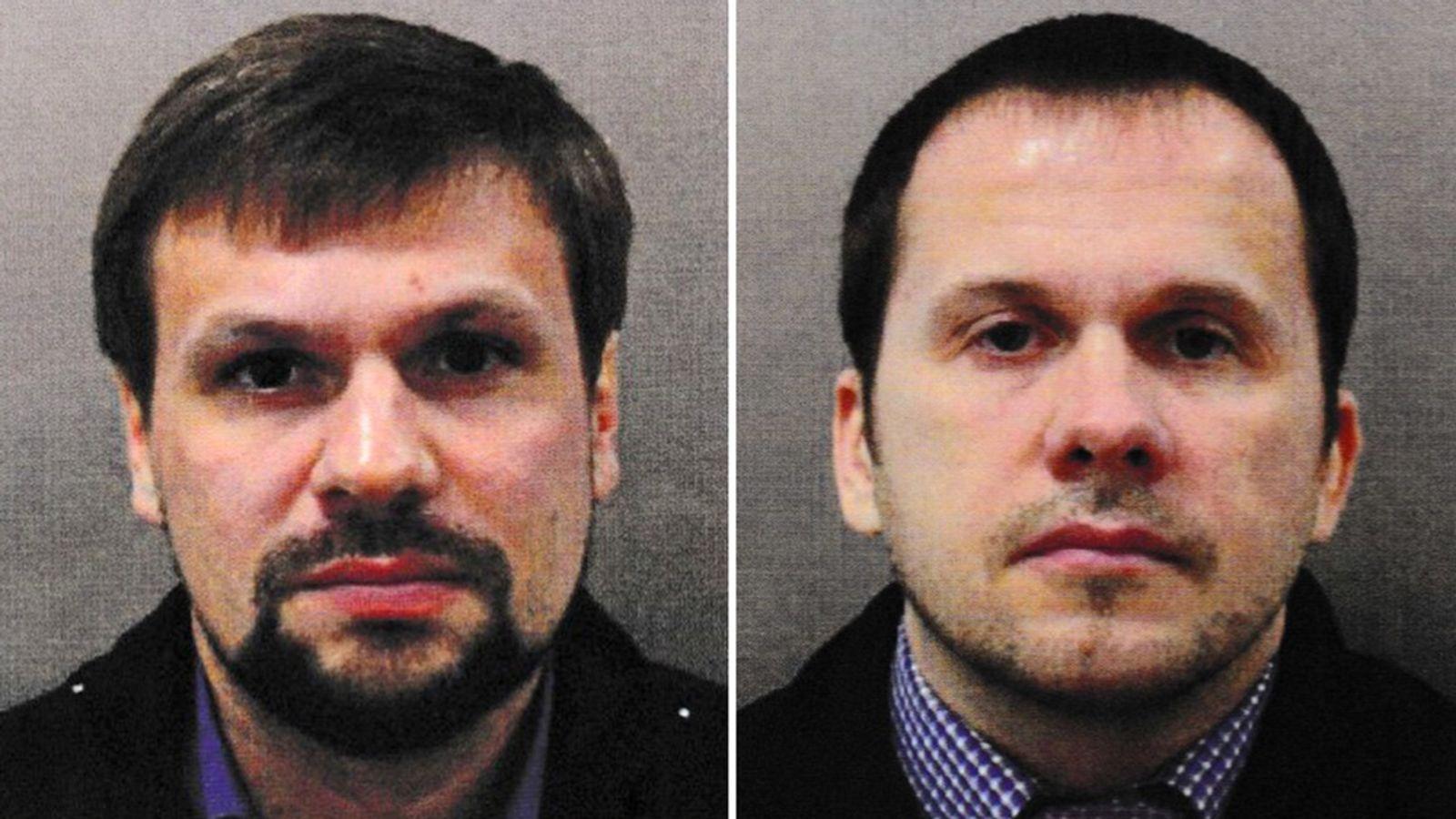
Ruslan Boshirov (left) and Alexander Petrov (right) were named as possible suspects in the Salisbury poisonings
No one has ever been charged for the murder of Dawn Sturgess but in September 2021, an arrest warrant was issued for the suspects in the Skripals' poisonings.
However, as the Russian constitution does not permit extradition of its own nationals, they cannot be formally charged unless they try to leave the country.
"If you ask for my professional hunch, I think we have the murder weapon and we have the murderers," Mr Basu added.
"If they need anyone to arrest them as they take one foot off the aircraft, I'll be there to do it."
He added that one of the things that weighs heavily on his mind is if there is still more Novichok out there.
In the first week of the Novichok inquiry Ms Sturgess' partner Charlie Rowley said he had to cut in to packaging with a knife to retrieve the bottle of perfume he later gave as a gift to her.
Mr Basu said: "But the reality is, is because we didn't know what it was contained in originally, we didn't know whether it was the only one.
"We didn't know how they got it into the country. And we don't know how they disposed of it because we don't know how Charlie Rowley picked it up. And he doesn't. And, you know, poor man. I mean, I don't think he ever will."

BBC Sounds: Salisbury Poisonings
Listen to the interview with Neil Basu in full and keep up to date with the latest from the inquiry with our podcast.
Listen to the episode on BBC Sounds.

Follow BBC Wiltshire on Facebook, external, X, external and Instagram, external. Send your story ideas to us on email or via WhatsApp on 0800 313 4630.
- Published11 October 2024
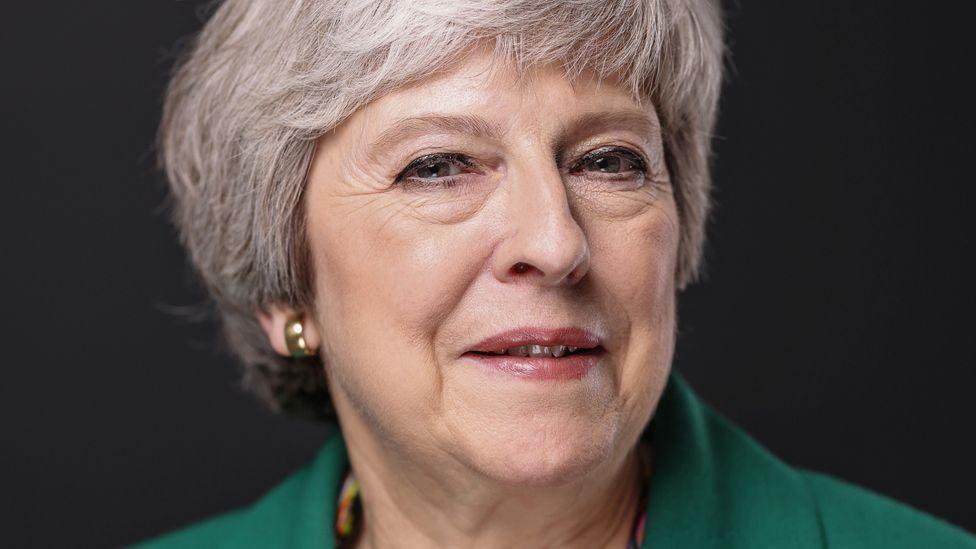
- Published30 July 2018
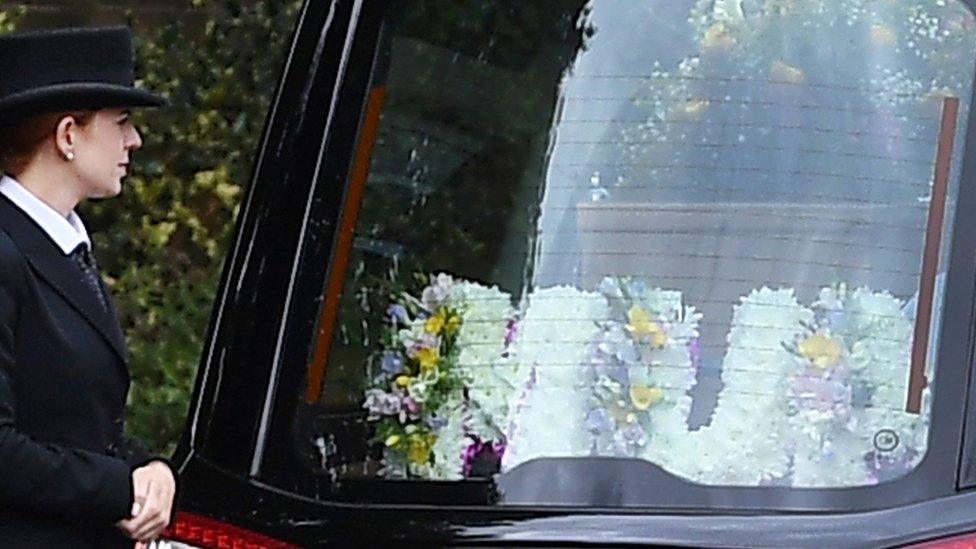
- Published4 March 2020
